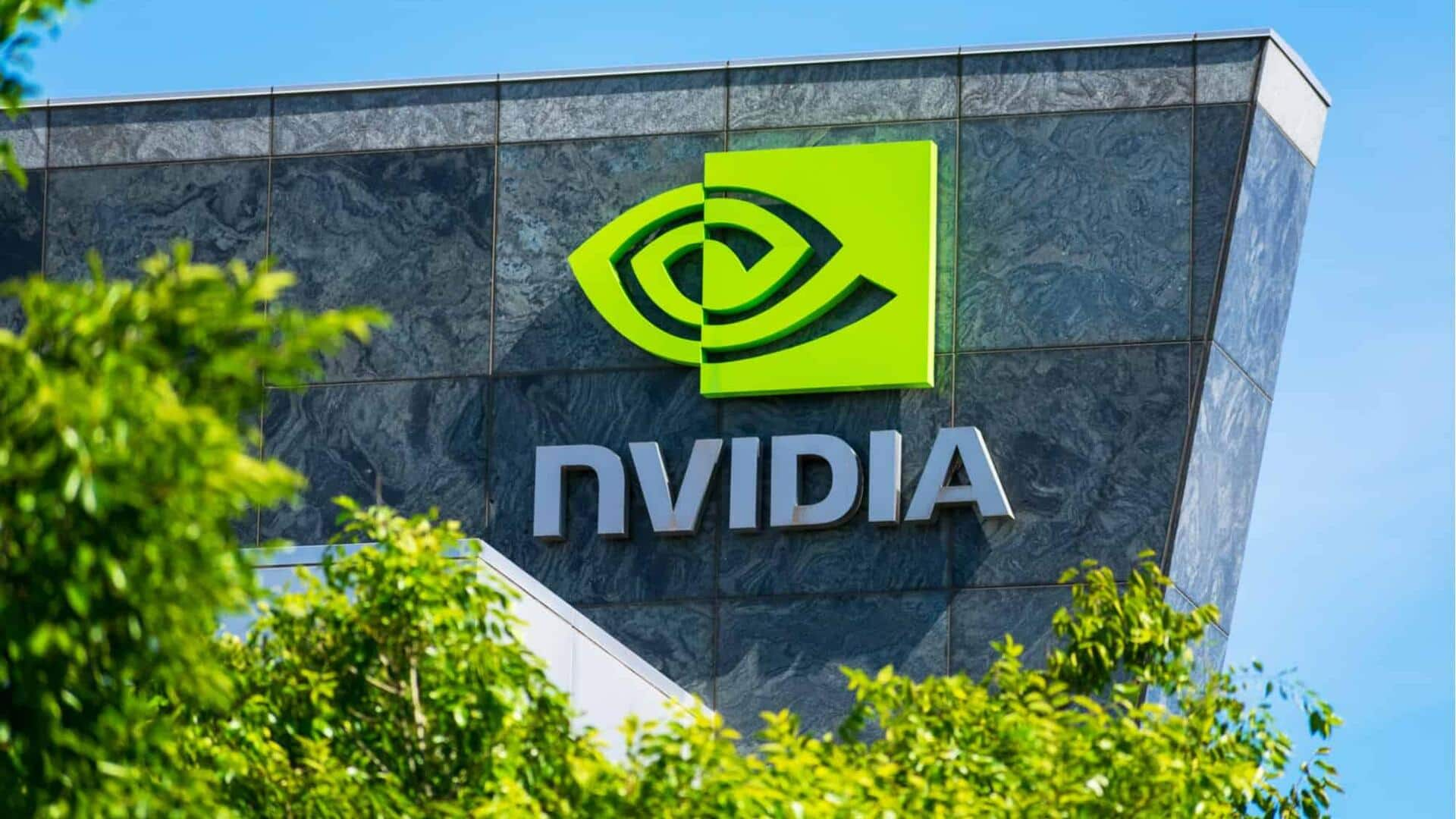
NVIDIA can now export its H20 AI chips to China
What's the story
The US Department of Commerce has begun granting licenses to NVIDIA, allowing the tech giant to export its H20 chips to China. The development comes after the US government reversed an earlier ban on the sale of these microprocessors. The H20 chip was specifically designed for the Chinese market to comply with the Joe Biden-era AI chip export controls.
Financial implications
NVIDIA warns of $8B revenue hit in July quarter
The export restrictions on the H20 chip are expected to have a major impact on NVIDIA's sales. The company has warned that these curbs will cut its revenue by $8 billion in the July quarter. In April, NVIDIA had predicted a $5.5 billion charge due to these restrictions but later revised it down by $1 billion as some materials could be reused.
License details
Uncertainty remains over number of licenses issued
Despite the US government's recent move, uncertainty remains over the number of licenses issued and which companies NVIDIA can ship the H20 chips to. The value of these shipments is also unclear. In July, NVIDIA had announced plans to apply for licenses with the US government for resuming sales of its H20 graphics processing unit in China.
Market penetration
Despite restrictions, NVIDIA's AI chips found way into China
Despite the US government's restrictions, NVIDIA's AI chips worth $1 billion have made their way into China. This was revealed by a recent report. The company had previously said that its products do not contain any "backdoors" for remote access/control, after China raised concerns over possible security risks in the H20 chip.
Ongoing restrictions
US has restricted exports of advanced chips to China
The US government has been restricting exports of advanced chips, including NVIDIA's other high-end AI chips, to China. The move is part of an effort by successive US administrations to curb Beijing's development in AI and defense. Despite these restrictions limiting American companies from fully meeting China's booming demand for semiconductors, the country continues to be a major revenue source for US chipmakers.